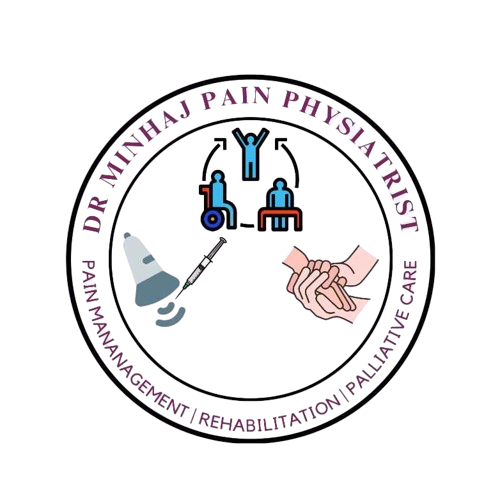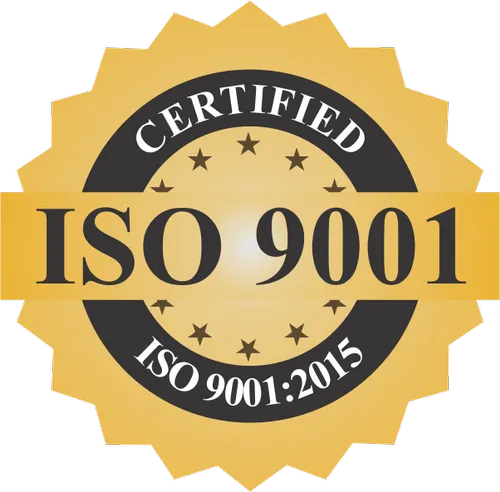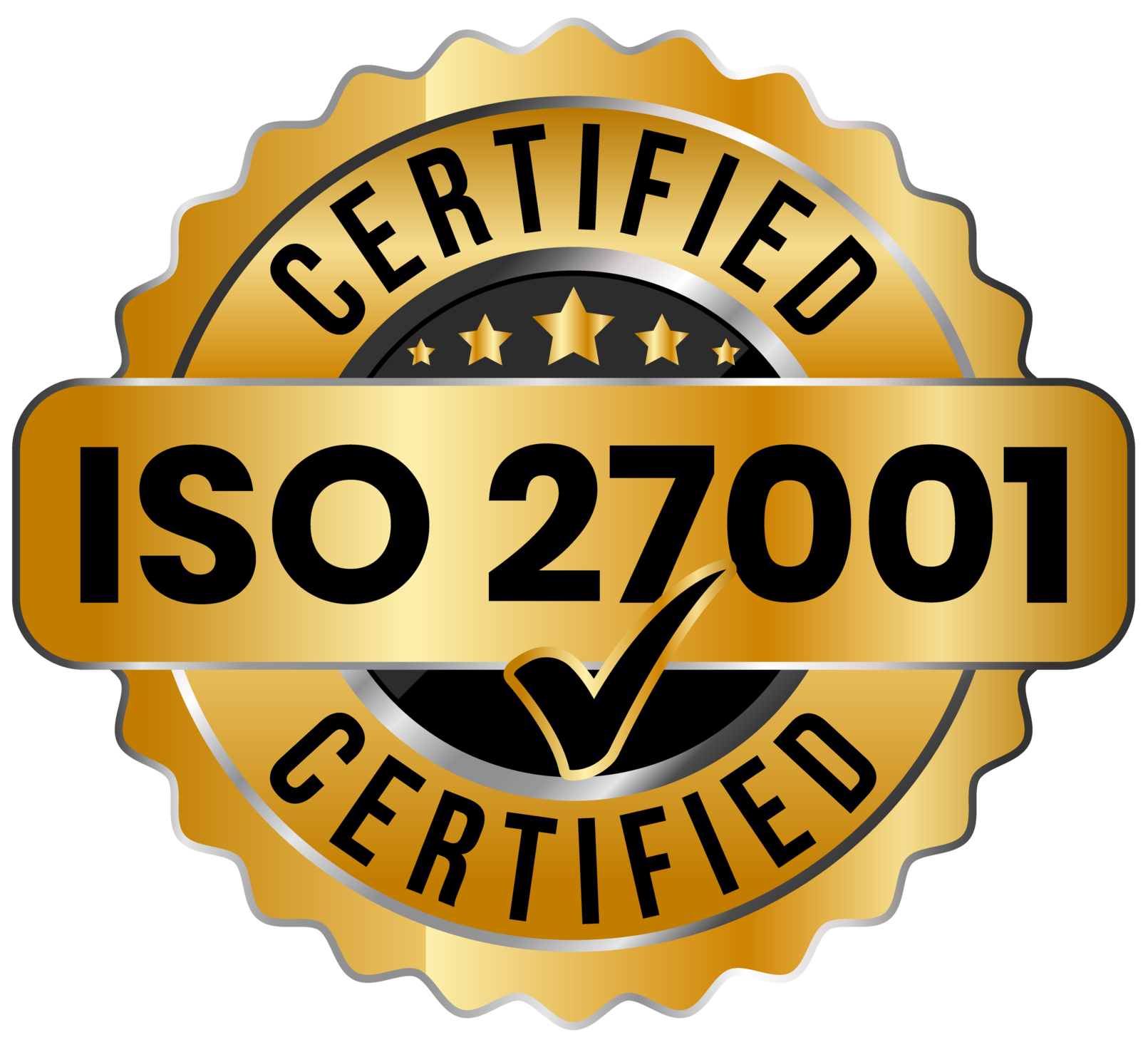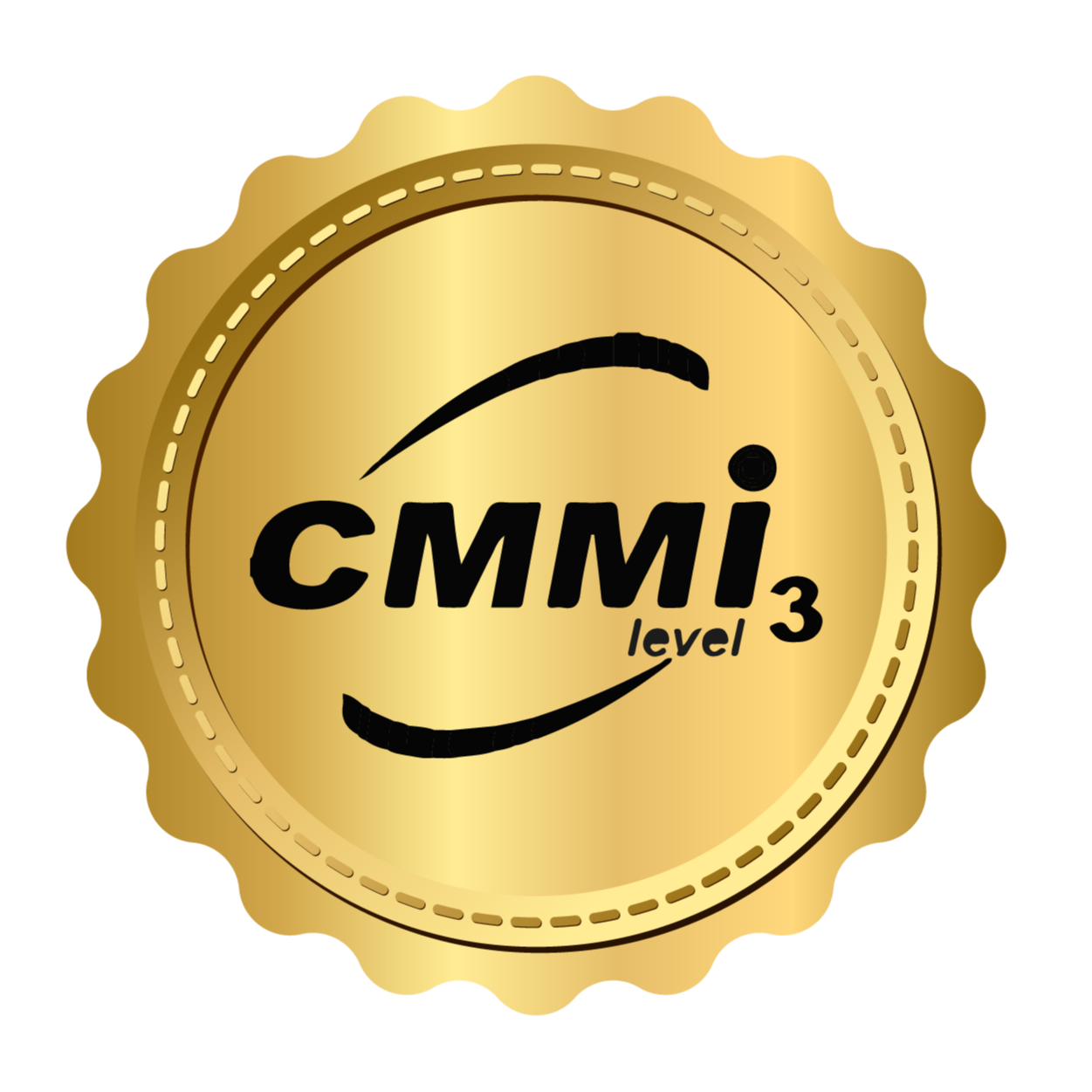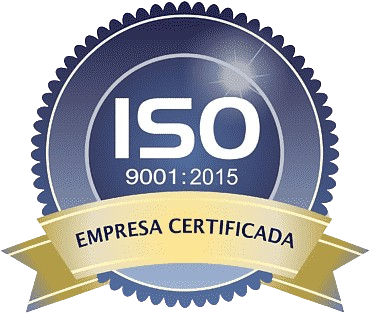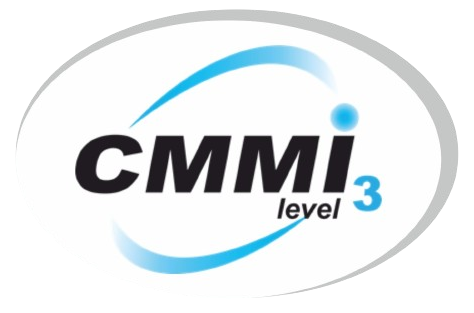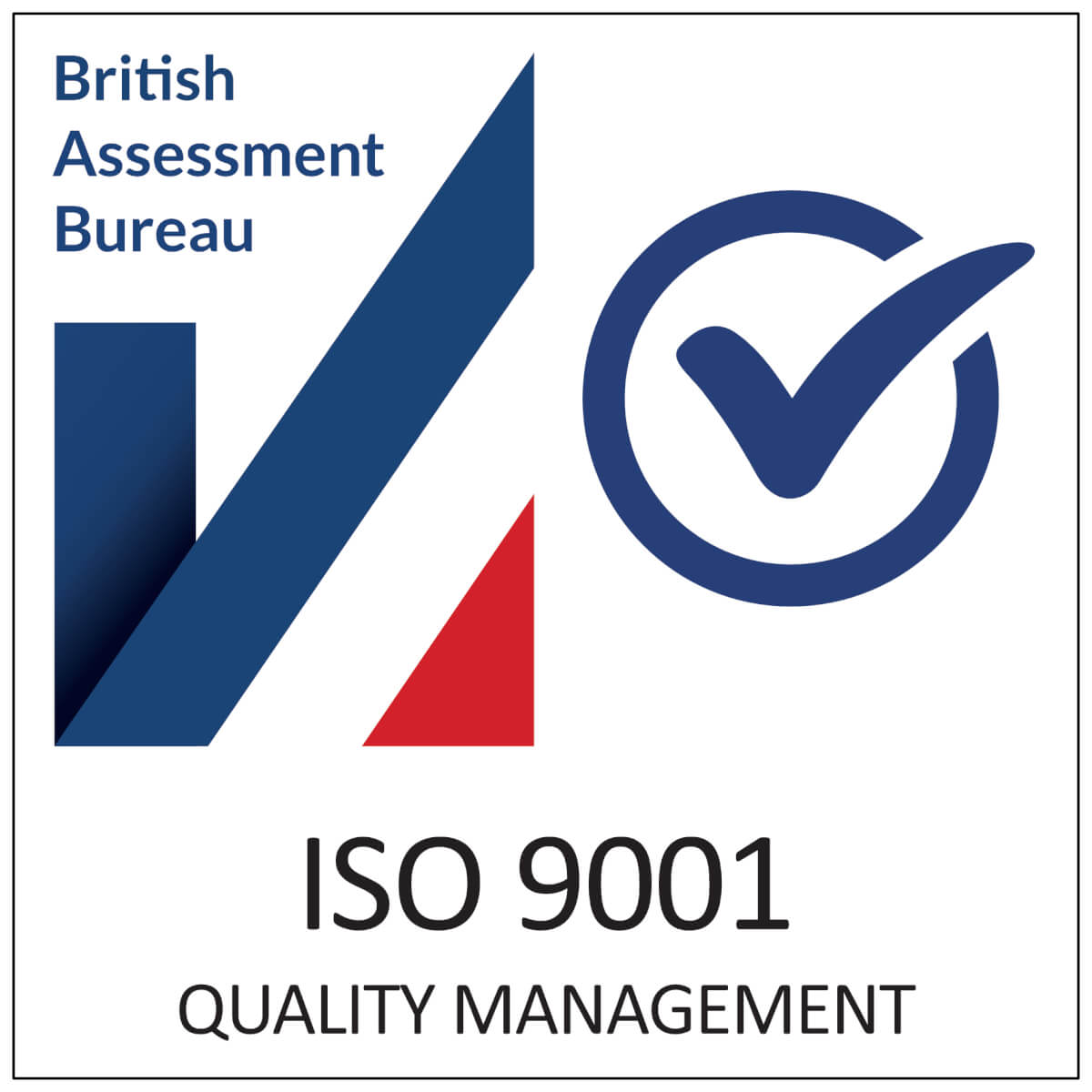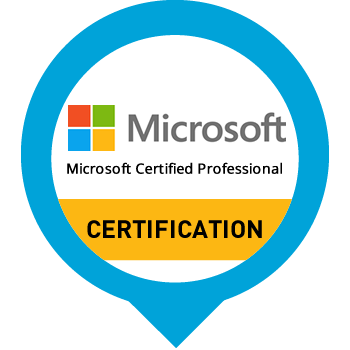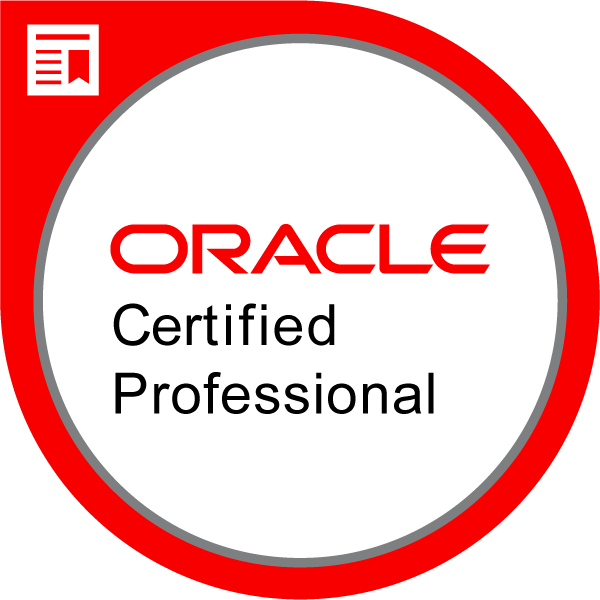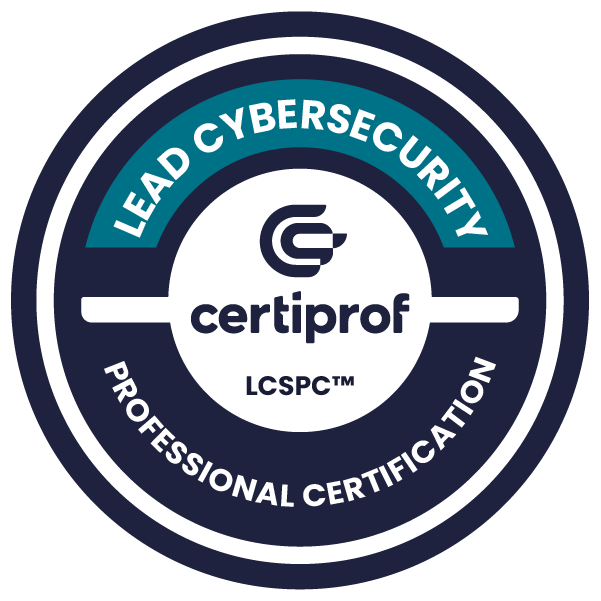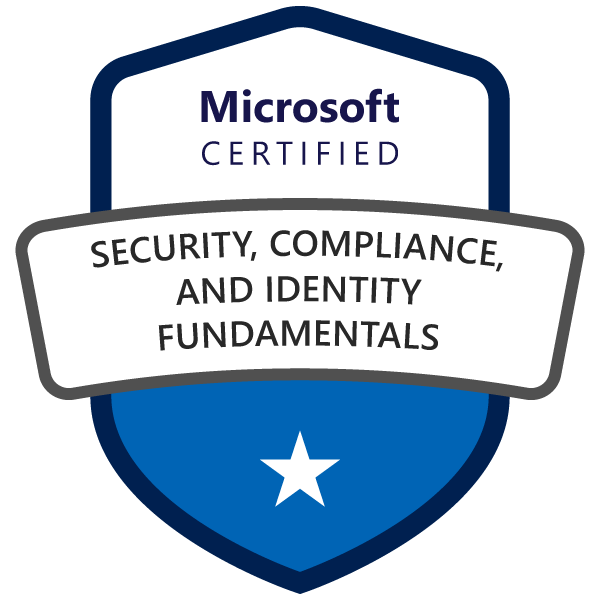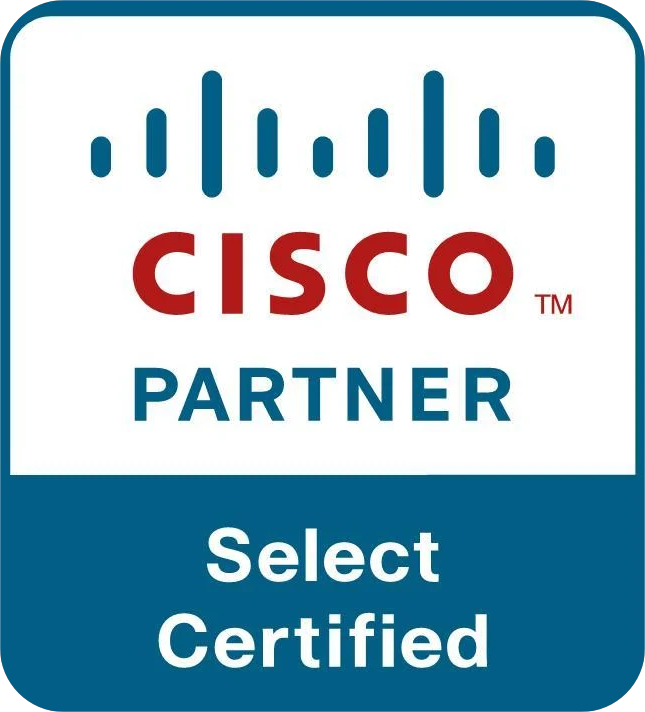In this digital era, Search Engine Optimization (SEO) has become a crucial strategy for entrepreneurs looking to succeed online. It’s not just about being visible online; it’s about standing out in a sea of competitors. For businesses aiming to achieve this, understanding and implementing top SEO strategies is crucial.
SEO best practices can help improve your site’s organic rankings in search engines like Google. A higher ranking will mean more visitors to your website. In this article, we will delve into 5 most important SEO strategies every business should use to drive growth and enhance online presence. So, without further ado, let’s get started.
1. Keyword Optimization
At the core of SEO lies keyword optimization. It’s about understanding what your target audience is searching for and tailoring your content accordingly. Start by researching relevant keywords with tools like SEMrush or Google Keyword Planner. Always look for a mix of high-volume keywords and long-tail keywords, which are more specific and less competitive.
Once you have the list of keywords, integrate them into your content naturally. Add in the title, meta descriptions, and URLs. However, it’s important to ensure keyword stuffing should not be practiced. It can negatively affect your SEO. The key is to use keywords contextually and meaningfully.
Additionally, keep your content updated. Search engines favor websites that keep their content fresh and updated with relevant information. An up-to-date blog or news section can be a great way to incorporate keywords and keep your content fresh.
2. Quality content
High-quality, informative, and engaging content can attract and retain your audience. It is one of the best SEO strategies every business should definitely use. It also ultimately improves your search rankings. Your content should provide value to your readers, answering their questions, solving their problems, or providing unique insights.
Work on different content types – incorporate blog posts, videos, infographics, and podcasts to cater to different audiences. Each content type should be optimized for SEO with relevant keywords, meta descriptions, and more.
Also, incorporate contextual and relevant interlinks to your blog. This helps search engines understand the structure of your site but also keeps readers engaged longer, reducing bounce rates.
Remember, it’s not just about quantity; the quality of your content is what will set you apart. Regularly publishing well-researched, original content will establish your authority in your niche and improve your SEO rankings.
3. Mobile Optimization
With the increasing prevalence of smartphones, mobile optimization has become non-negotiable for SEO. A mobile-friendly website enhances user experience. It has become a significant ranking factor for search engines. Use responsive design, which ensures your website adapts to any screen size, be it a desktop, tablet, or smartphone.
Speed is also a critical aspect of mobile optimization. Optimize images, leverage browser caching, and minimize redirects to enhance your website’s loading speed on mobile devices. Tools like Google’s Mobile-Friendly Test can help you assess your website’s mobile performance and suggest improvements.
Furthermore, consider the user’s mobile experience regarding navigation and content readability. Simplified menus, easily clickable buttons, and readable fonts contribute to a positive mobile user experience, encouraging visitors to spend more time on your site.
4. Link building
Link building plays a pivotal role in establishing your website’s authority and improving search engine rankings. It involves acquiring links from other credible websites to your website. These backlinks signal to search engines that others vouch for your content, boosting your credibility.
Start by creating high-quality content that others want to link to. Guest blogging on other reputable sites in your industry can also be an effective way to build links. When you provide valuable content, other sites are more likely to link back to yours.
Another step that you can take is to network with industry experts and participate in community forums to gain visibility and potential backlinks. However, avoid black-hat SEO tactics like buying links, as this can lead to penalties from search engines.
Remember, the goal is to build natural, high-quality backlinks that genuinely contribute to your website’s authority and user experience.
5. Local SEO
For businesses serving specific geographic areas, local SEO is a game-changer. It involves optimizing your website to appear in local search results. This includes claiming your business listing on platforms like Google My Business, Bing Places for Business, and Yelp. Ensure your business name, address, phone number, and hours are consistent across all listings.
Encourage satisfied customers to leave reviews on these platforms. Positive reviews improve your local SEO and build trust with potential customers.
Additionally, include local keywords in your website’s content and meta tags. Mentioning your city or region can help your website rank higher in local search results.
Participating in local community events and mentioning them on your site can also boost your local SEO. It connects your business with the local community and enhances local relevance.
Final Words!
In conclusion, mastering these top five SEO strategies every business should follow to thrive in the digital landscape. From the art of keyword optimization to the necessity of mobile-friendly design, quality content creation, local SEO focus, and strategic link building, each of these tactics plays a crucial role in enhancing online visibility and driving traffic.
By implementing these strategies, businesses can not only improve their search engine rankings but also establish a strong digital presence, ultimately leading to increased engagement and growth. Remember, SEO is a continual process of adaptation and improvement, the key to staying relevant and competitive in an ever-evolving digital world.




